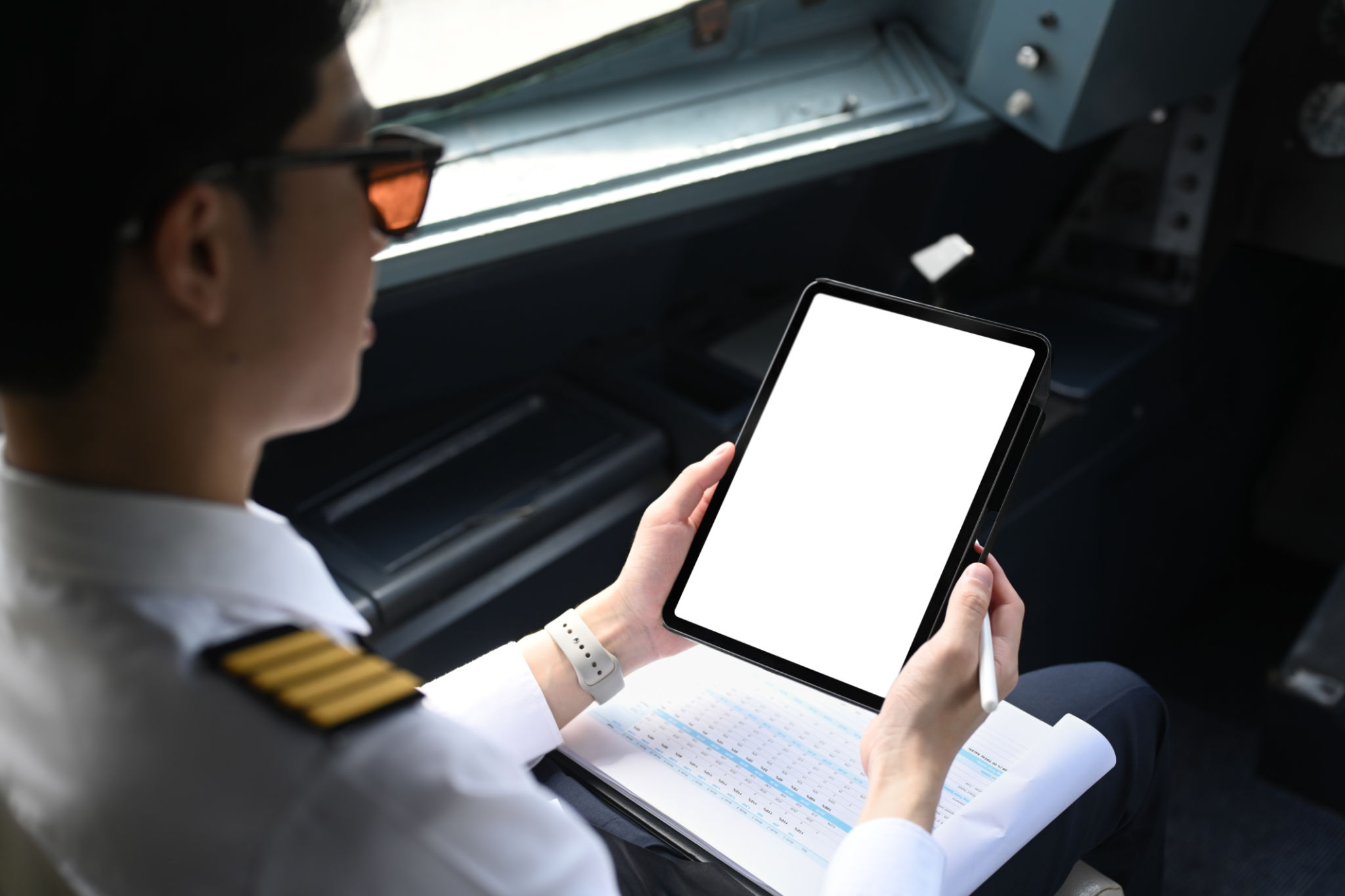How Digital Flight Logbooks Improve Pilot Efficiency
Streamlining Flight Documentation
In the fast-paced world of aviation, efficiency is key. One area where significant improvements have been made is in the management of flight documentation. Digital flight logbooks offer modern solutions that enhance how pilots record and access their flying hours, aircraft details, and other essential information. By transitioning from traditional paper logbooks to digital platforms, pilots can experience a significant boost in operational efficiency.
Digital flight logbooks enable pilots to record flight data quickly and accurately, reducing the risk of errors that can occur with handwritten entries. These platforms often include features like automatic date and time entries, pre-filled fields for frequently used information, and integration with other aviation software, making the entire process seamless.
Moreover, the convenience of having all flight data stored in a single, accessible location cannot be overstated. Pilots no longer need to sift through pages of paper logs to find specific entries; instead, they can perform quick searches or generate reports at the click of a button.

Enhancing Data Accuracy and Accessibility
One of the most significant benefits of using digital flight logbooks is the improvement in data accuracy. Since data entry can be automated to a large extent, the chances of human error are minimized. This ensures that all flight information is accurate and up-to-date, a crucial requirement for maintaining compliance with regulatory bodies.
In addition to accuracy, digital logbooks improve data accessibility. Pilots can access their logbooks from any device connected to the internet, whether they're in the cockpit or at home. This accessibility is invaluable for frequent travelers, allowing them to update and review their logs on the go.
Furthermore, digital logbooks can be easily backed up and stored securely in the cloud, reducing the risk of data loss due to physical damage or misplacement.

Facilitating Regulatory Compliance
Compliance with aviation regulations is a critical aspect of a pilot's responsibilities. Digital flight logbooks simplify this process by providing built-in compliance checks. These systems can alert pilots to upcoming deadlines for certifications or medical examinations and ensure that all logged hours meet regulatory requirements.
Additionally, digital logbooks can generate detailed reports and summaries that are often required by aviation authorities. This feature eliminates the need for manual calculations and reduces the administrative workload for pilots and aviation professionals.

Integrating with Other Aviation Technologies
The integration capabilities of digital flight logbooks extend their usefulness even further. Many platforms are designed to work seamlessly with other aviation technologies, such as electronic flight bags (EFBs) and aircraft management systems. This integration allows for a more comprehensive approach to flight operations, where data from various sources can be consolidated and analyzed collectively.
For instance, weather updates, navigation charts, and aircraft maintenance schedules can all be integrated into a single platform, providing pilots with a holistic view of their operations. This not only saves time but also enhances decision-making processes by providing pilots with all necessary information at their fingertips.
In conclusion, digital flight logbooks represent a significant advancement in aviation technology. By improving data accuracy, accessibility, and integration capabilities, they empower pilots to operate more efficiently while ensuring compliance and safety standards are met.
